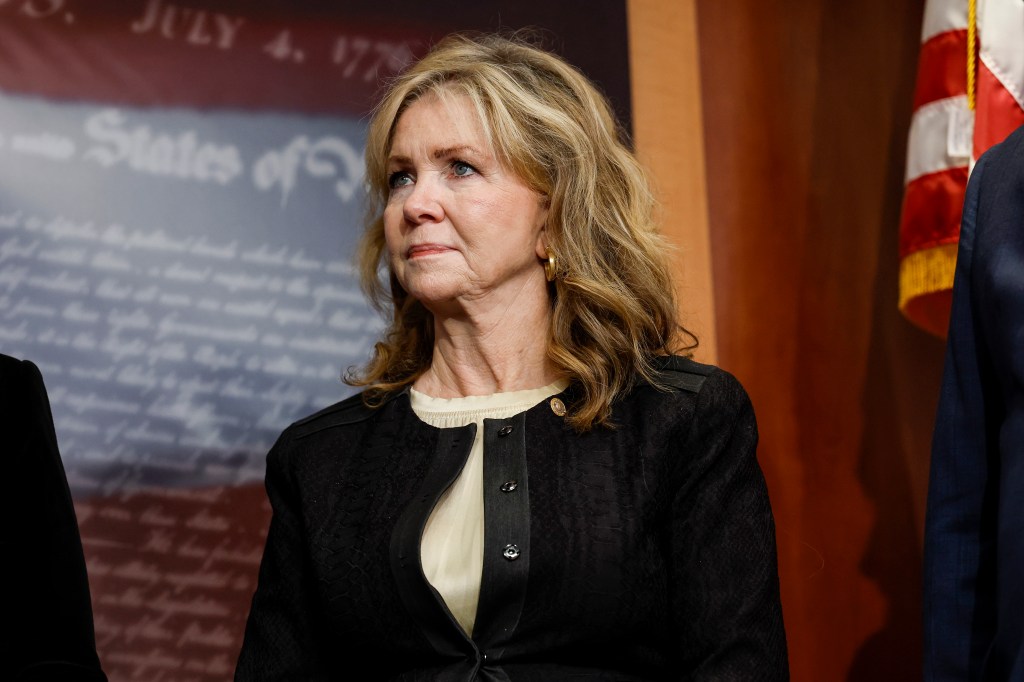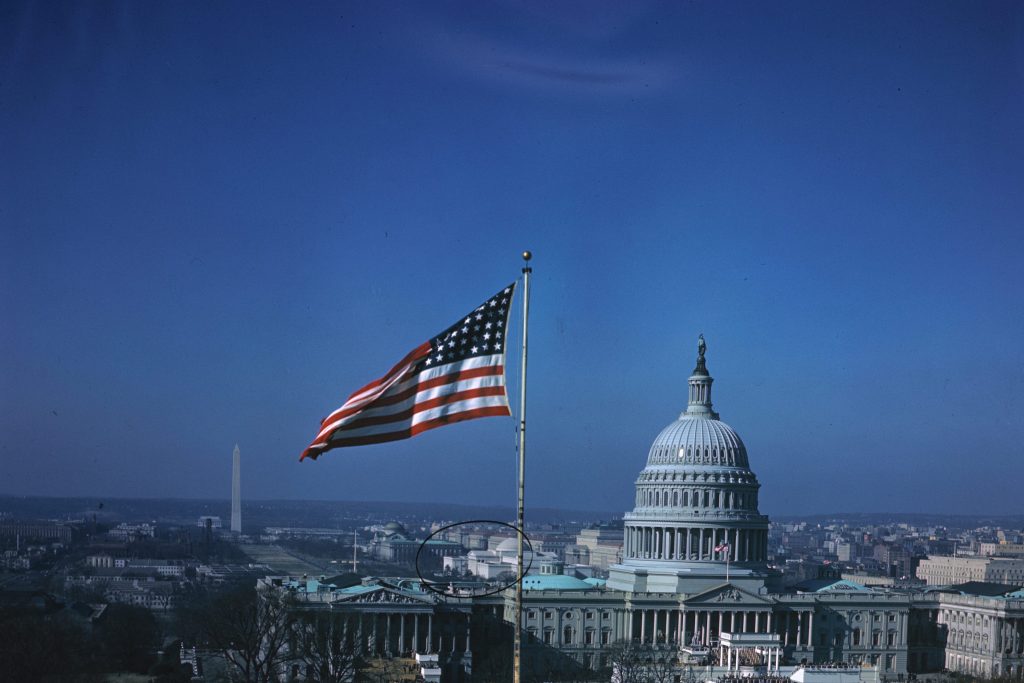In this round-up post about US regulatory and legal initiatives, we look at how banking regulators have imposed $250m in civil penalties on Discover Financial Services for overcharging merchants on interchange fees just before issuing their approval of Capital One’s $35 billion acquisition of Discover.
And the Federal Deposit Insurance Corporation (FDIC) says it has made changes to its approach to large bank resolution planning, including ditching the requirement for banks to use bridge bank strategies.
Meanwhile, let’s check in with the one remaining board member of the National Credit Union Administration.
Fed and FDIC on interchange fee overcharges
The Federal Reserve Board and the FDIC just charged Discover Financial Services $250 million in civil penalties for overcharging merchants on interchange fees and failing to tell them, with the agencies releasing separate consent orders.
The Fed issued its consent order, which included a $100m civil penalty, and the FDIC said in a separate consent order that Discover agreed to pay a $150m civil penalty.
Within 60 days Discover is required to submit a plan to better oversee its interchange fee practices. The order outlined its allegations; namely, that over the course of nearly two decades (2007 to 2023) Discover charged merchants commercial interchange fees for cards that were used for ordinary consumer spending.
Commercial interchange fees are higher than consumer fees, so the fees were overcharges, the Fed said. Discover classified about five million consumer credit cards as commercial credit cards at the end of 2022 and 98% of those cards were misclassified, the Fed said in its order.
NO (deep)FAKES
The Nurture Originals, Foster Art, and Keep Entertainment Safe (NO FAKES) Act of 2024 is a bipartisan bill that its backers say will protect the voice and visual likeness of all individuals from unauthorized computer-generated recreations from generative artificial intelligence (GenAI) and other technologies.
It was introduced in the US House by Representatives Maria Salazar (R-FL), Madeleine Dean (D-PA), Nathaniel Moran (R-TX), Becca Balint (D-VT), and Joe Morelle (D-NY), the legislation, with the Senate version being introduced by Senators Marsha Blackburn (R-TN), Chris Coons (D-DE), Thom Tillis (R-NC), and Amy Klobuchar (D-MN).
The bill was first introduced in 2023 to create a private right of action addressing the rise of unauthorized deepfakes and digital replicas, especially those misusing voice and likeness without consent.
While the original bill failed to gain traction in a crowded legislative calendar, growing concerns over GenAI misuse and newfound support from key tech and entertainment stakeholders have revitalized its momentum.
One in 10 companies have experienced a deepfake attack, a 2024 business.com survey found.
Speaking at the New York Fed last week, Federal Reserve Governor Michael Barr said deepfakes have the “potential to supercharge identity fraud.” Since banks often use voice detection as a tool of identity verification, that technology could become vulnerable to generative AI tools, he said.
And then there was one — NCUA
Last week, President Donald Trump fired Todd Harper and Tanya Otsuka, the National Credit Union Administration’s (NCUA’s) two Democratic board members, the ousted regulators confirmed.
That just leaves Republican Chair Kyle Hauptman on the board. The NCUA said in a blog posting that it can still perform its supervisory and enforcement duties, but without a quorum of two members, the board cannot vote to implement any policy changes or approve new enforcement actions.
Todd Harper wrote on LinkedIn about his termination, saying: “This ill-conceived and politically motivated decision to fire me before the end of my term upsets [an] important regulatory balance and will harm consumers,” adding that bipartisanship “leads to better and measured policymaking.”















